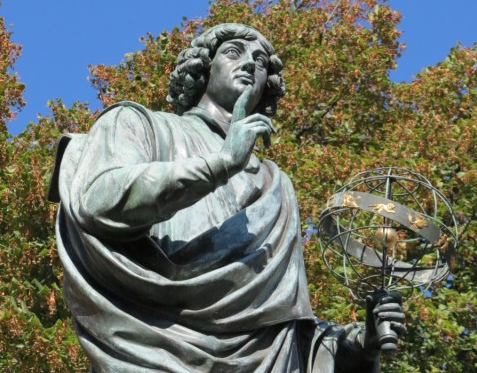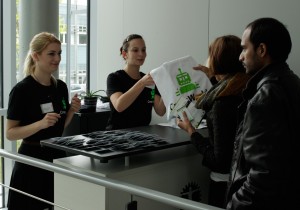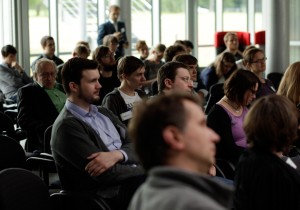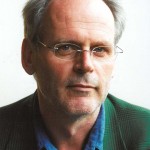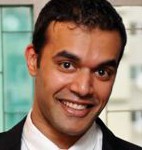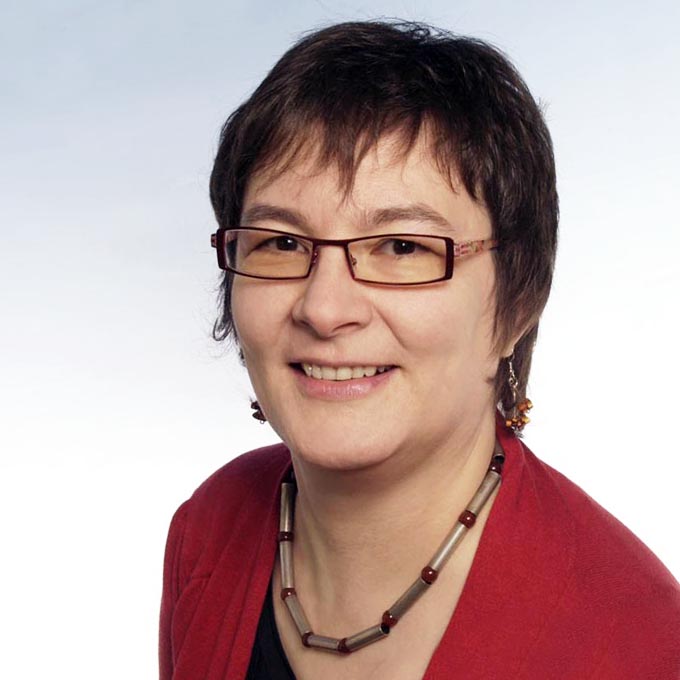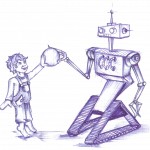CrossWorlds assistant researcher Andreas Bischof has been attending EASST’14, europe’s most important conference on science and technlogy studies (STS).
The European Association for the Study of Science and Technology (EASST) has – like the field itself – geographical centres of gravitation in Britain, the Netherlands and Scandinavia. The organisation seeks to overcome this historic bias by allocating its bi-anual meetings in south and east european countries. The 2014 conference took place in Torun / Poland, Nicolaus Copernicus’ birth place! (Which is more than funny since Copernicus is the title hero of a very important study that kind of founded science and technology research, Thomas Kuhns »Copernican Revolution«.
Andreas’ talk was part of the panel »Governing Health Care Technologies«. Demographic ageing is widely seen as a “grand challenge”, and policy makers, industry, academic researchers, health care providers, and lobby groups have identified research and innovation as a promising response. In this context Andreas’ talk »Two Ways of Co-Constructing the User in Social Robotics« contributed to the discussion of practices of user-producer interactions in social robotics projects for elderly.
In particular he compared two projects implementing assistive robots in elder care in west european country. The question was how these projects integrated the elderly in the research & development of their robots. Crucial therefore are obviously user tests and the function of the thereby gathered data in the research process. The empirical research in the projects shows that institutional and political implications of the research shape the image of the user in such projects far more than actual user needs. Please have a look at the slides for details. For a more detailed insight see the German blog post from Andreas on his personal blog.
